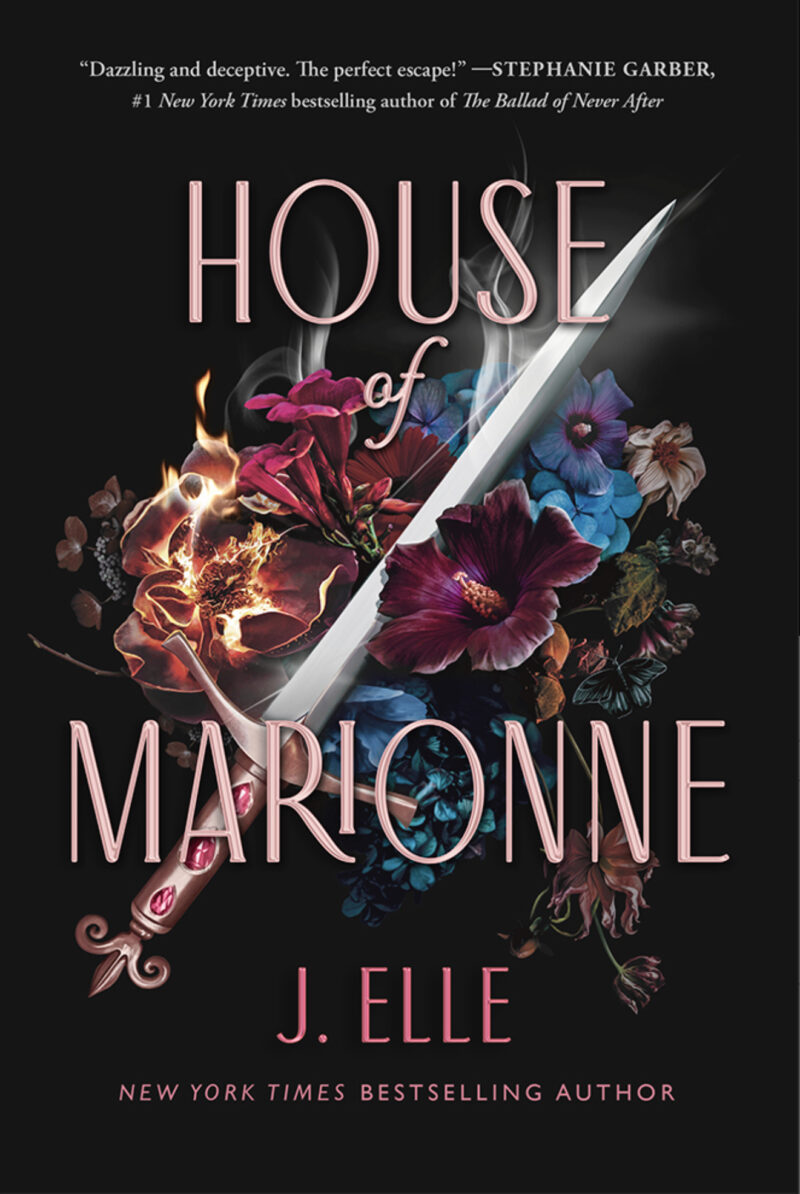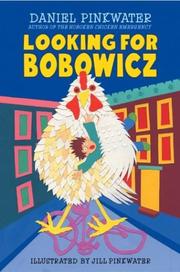[button color=”black” size=”big” link=”http://affiliates.abebooks.com/c/99844/77798/2029?u=http%3A%2F%2Fwww.abebooks.com%2Fservlet%2FSearchResults%3Fisbn%3D9780553211801″ target=”blank” ]Purchase here[/button]
Middlemarch
by George Eliot
Many times in my book-reviewing career, I have dubbed a particular book “the best novel I have read this year,” or at least “the best novel since the last time I named something the best book I had read lately.” But somehow there has never come a time when I felt compelled to acknowledge a work as “the best novel I have ever read in my life.” Until now. I do not say this lightly, and nor do I qualify it by saying something about it being merely “the best novel by a woman author” (for George Eliot is but the pen-name of Mary Anne/Marian Evans, 1819–1880). In a 2007 Time magazine poll of 125 authors it was listed as the tenth-best book in world literature; but though I have read only half of the books on that top-ten list, I would put Middlemarch above almost any of them. And I say “almost” only because Shakespeare’s Hamlet is on there at No. 6—and that hardly counts as a novel, does it? I have read three of the other certifiable novels on that list (War and Peace, Huckleberry Finn, and The Great Gatsby) and while I love them all, I also own that they are flawed masterpieces. Middlemarch, however, is flawless. It is a breathtaking, wonderful, hugely impressive work of art; and it is also, at the same time, an intimately engaging, enjoyable piece of entertainment. I never read a novel that I both enjoyed so much and came away from feeling so enriched.
This book is amazing. It abounds in intelligent detail and psychological insight. Its canvas (as becometh a Victorian novel) is filled with a wide variety of finely observed, deeply complex characters whom the narrator addresses with a combination of ironic wit and touching compassion. It balances several interweaving plot lines with unfaltering deftness. It dramatizes the death of romantic fantasies and the ways in which different people come to grips with the disappointing reality, and it does so in such a way that your hopes for the main characters keep you clutching the ears of the book in suspense until the perfectly-timed climax, very near the end of the book. It has characters you will cherish in your heart for a long time, characters you will pity in spite of their foibles, characters to whom you will want to give a smart shake, characters from whom you will shrink in disgust, and several characters who will make you laugh almost every time they open their mouths, but each one remains true to him- or herself as a character.
I looked over Wiki’s synopsis of this book before beginning my review, mainly so that I could tell how to spell the characters’ names correctly. The reason for this is that I “read” this book via the audio-CD edition narrated by Kate Reading who, besides having the name for this sort of thing, sustained a magnificent performance as the entire cast of characters throughout 26 long disks. So, before I go on, I would like to recommend Ms. Reading’s recording to anyone who is dithering over the commitment of reading such a substantial novel. She does better than to make it painless. Her reading of the book bears witness to a keen understanding of the text, the time, and the motivations of all the characters. Naturally, as though effortlessly, she leads the listener into a similar understanding, and an even better appreciation of a novel that is already as excellent as it has any right to be.
Another reason I mention the Wiki synopsis is that I was surprised to see an interpretation of the book quite different from the one I had formed in my mind. I was going to say that Middlemarch, while focusing equal sympathy on its male and female characters, is something of a Girl Power novel. What impresses me about it, in retrospect, is the variety of ways it depicts the power or powerlessness of English gentlewomen in the early 1830s, each according to her particular circumstances, to make herself, the men in her life, and other people happy or unhappy, successful or otherwise. It wasn’t easy for women then to accomplish what they wished, even if they had independent resources. And while this novel, like many of its kind, builds drama and suspense on the question whether one or more couples will find married happiness together, Middlemarch also depicts in sometimes painful detail the process by which two married couples fall out of love with each other, or come to realize that getting married was a mistake. And, perhaps heartbreakingly, it lets some of its characters continue in their errors without ever learning their lesson.
The main characters are worth at least a few words of introduction. The novel focuses mainly on three women, upon whose ability or inability to give and receive happiness so much depends. First there is Dorothea Brooke: a religiously devout heiress who chooses the wrong husband out of some idea of noble self-sacrifice, only to be plagued by her husband’s unjust jealousy and suspicion even after his death. Eventually she might find love with her first husband’s cousin Will—if only she can get around the social prejudices and the codicil in her husband’s will which stand in her way. Then there is Rosamond Vincy: the perfect, polished, poised young lady who expects wealth, prestige, and indulgence in having her own way when she marries an ambitious young medical doctor of good birth. When she finds out that things may be otherwise, Rosamund proves to be a shallow, cold woman, incapable of feeling for anyone but herself. In contrast to these two suffocating marriages is the union of plain, sensible Mary Garth and her over-educated beau (Rosamond’s brother Fred), who for the longest time seems incapable of settling down to a responsible career.
What keeps these lovers apart, or brings them together, or promises to trap them in a miserable mistake of a marriage (as the case may be), is a complex web of circumstances including, but not limited to: a surprise in an old widower’s will; a blackmailing, sponging vagabond named Raffles (no relation to the famous gentleman thief by that name); a young man who has been done out of an inheritance on both sides of his family; a pious old banker with a shameful secret in his past; a kindly bachelor clergyman who helps another man win the woman he himself wants to woo; a ludicrous and sometimes infuriating old gentleman’s attempt to run for Parliament; and finally, an interview between two women who have both spent the previous night crying over the same man. In that climactic scene, the whole future happiness of the two people you most want to see together at the end depends on whether or not the most despicable person in the story will find it in her self-interest to do the one decent act of her life. Though, really, the outcome of that decision is probably determined by the other woman’s heroic act of self-mastery… But if I say any more, you might understand me, and then why would you need to read the book?
Middlemarch: A Study of Provincial Life, the seventh of eight novels completed by George Eliot, was published in serial form in 1871–72, and published in its entirety in 1874. Even if you can’t find it in audio format, you should have no difficulty finding a copy in print at either a bookstore or library. You can even buy the e-reader edition for $0.00, a deal in any economy! This novel will never go out of print—not just because it’s a “literary classic”, but because it is so undeniably good. Once you begin to read it, I think you will understand what I mean.



